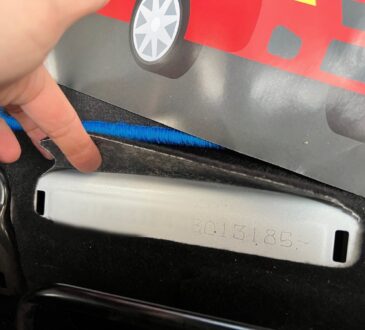
Have you ever had a car that seemed like it was always in the shop for repairs? You’re not alone. Every year, thousands of people purchase vehicles with pre-existing problems without knowing it. Fortunately, lemon laws are designed to protect consumers from being scammed by unscrupulous dealerships and manufacturers. In this article, we’ll explore the lemon car definition, what is a lemon law, and how they can help you get your money back if you’ve been duped.
For more information on arbitration and other frequently asked lemon law attorney questions, click here.
What is a Lemon Car?
A lemon car is a vehicle that does not meet the standards of quality and performance as outlined in the manufacturer’s warranty. In order to be considered a lemon, a car must generally exhibit one or more serious defects that cannot be repaired after a reasonable number of attempts by the manufacturer or dealer. If your car is determined to be a lemon, you may be entitled to a refund or replacement vehicle under your state’s lemon law.
What is a Lemon Law?
Lemon laws are designed to protect consumers who have purchased a defective vehicle. Every state has its own lemon law, so it’s important to familiarize yourself with the specific requirements and procedures in your state. Some states require that you notify the manufacturer in writing before you can file a claim under the lemon law, while others have more lenient notification requirements. Most states also have specific time limits within which you must file a claim under the lemon law.
If your car meets all the necessary requirements to be classified as a lemon under your state’s law, you may be eligible for a refund or replacement vehicle. The specifics vary from state to state, but usually, the manufacturer will have one final opportunity to repair the defects before being required to provide a refund or replacement.
To file a lemon law claim, you will need to provide documentation of the issues you have experienced with your car. This can include repair orders, receipts, and correspondence with the dealership or manufacturer. An experienced lemon law attorney can help you gather the necessary documentation and build a strong case against the manufacturer.
How Do Lemon Laws Protect Consumers?
Lemon laws protect consumers by giving them legal recourse if they end up with a defective vehicle. With these laws, manufacturers would make sure they meet consumers’ expectations. These laws vary from state to state, but most require the manufacturer to either replace the lemon with a comparable vehicle or refund the consumer’s purchase price.
If you think you may have purchased a lemon, it’s important to review your state’s lemon law and find out what steps you need to take in order to get relief. It’s also a good idea to consult with an experienced attorney who can help you navigate the process and ensure that your rights are protected.
Think you have a lemon, click here to fill out a 30 second form.
Conclusion
Lemon cars are unfortunately too common, but luckily for consumers, there are laws in place to protect them from being taken advantage of by unscrupulous dealerships or manufacturers. Lemon laws vary from state to state, so it’s important to know what your rights as a consumer are before you purchase a vehicle. We hope this article has helped you understand the lemon car definition and how lemon laws might be able to help you if you ever find yourself in such a situation. Knowing your rights can make all the difference when it comes to these sorts of purchases.
This information brought to you by Allen Stewart P.C.





